
The Taste of the Mountains
»A weekly market awakens the enthusiasm of food lovers«
The former estate at the foot of the tower house in Siedlęcin/Boberröhrsdorf provides the backdrop for a small weekly market. Every Saturday from 10 a.m. to 1 p.m., producers from the Jelenia Góra area offer their food there. Honey, jam, cheese and sausages all come from their own production and are made according to family recipes and in the original way, from what the region has to offer. The name of the small market "The Taste of the Mountains" keeps its promise. Local growers and gardeners from the surrounding villages between the Jizera and Giant Mountains sell their homemade products here.
The location of Siedlęcin and the consumer market was a chance discovery. A weekend trip takes us to the Lower Bóbr Valley Landscape Park (Park Krajobrazowy Doliny Bobru), four kilometers northwest of Jelenia Góra. The place itself is inconspicuous. Two churches stand out, jutting out between the houses on the hillside. The Bóbr River winds through the village, a river that connects Lake Modry to the southeast and Lake Wrzeszczyńskie to the west. A dreamlike beautiful area, made for weekend getaway and hiking.
Typical excursion destinations are the castles and chateaus in this area. The Jelenia Góra Valley, which is not far away, is famous for them. In a travel description, our attention was drawn to a solitary medieval tower house. We first searched in the forest. After we finally crossed the Bóbr in Siedlęcin on an adventurous metal bridge, it towers over a fieldstone wall directly in front of us. We arrive in the middle of the village. The driveway leads to an unpaved yard. Mud and gravel crunch under the tires. Smoke rises above a fire. Home-made wooden stalls crowd the south side near the former fortification wall. Unintentionally, the market provides the backdrop for a journey back in time.
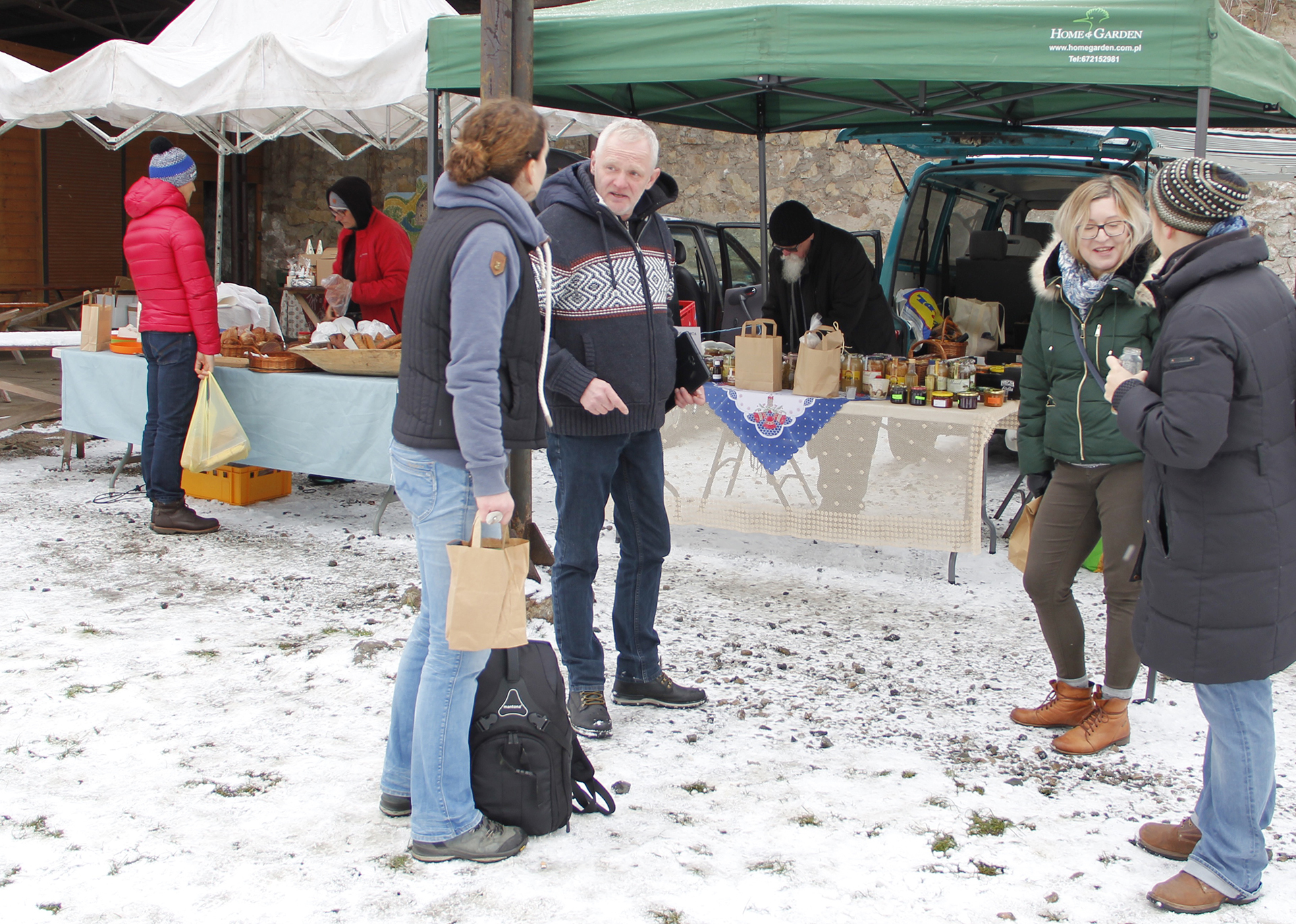
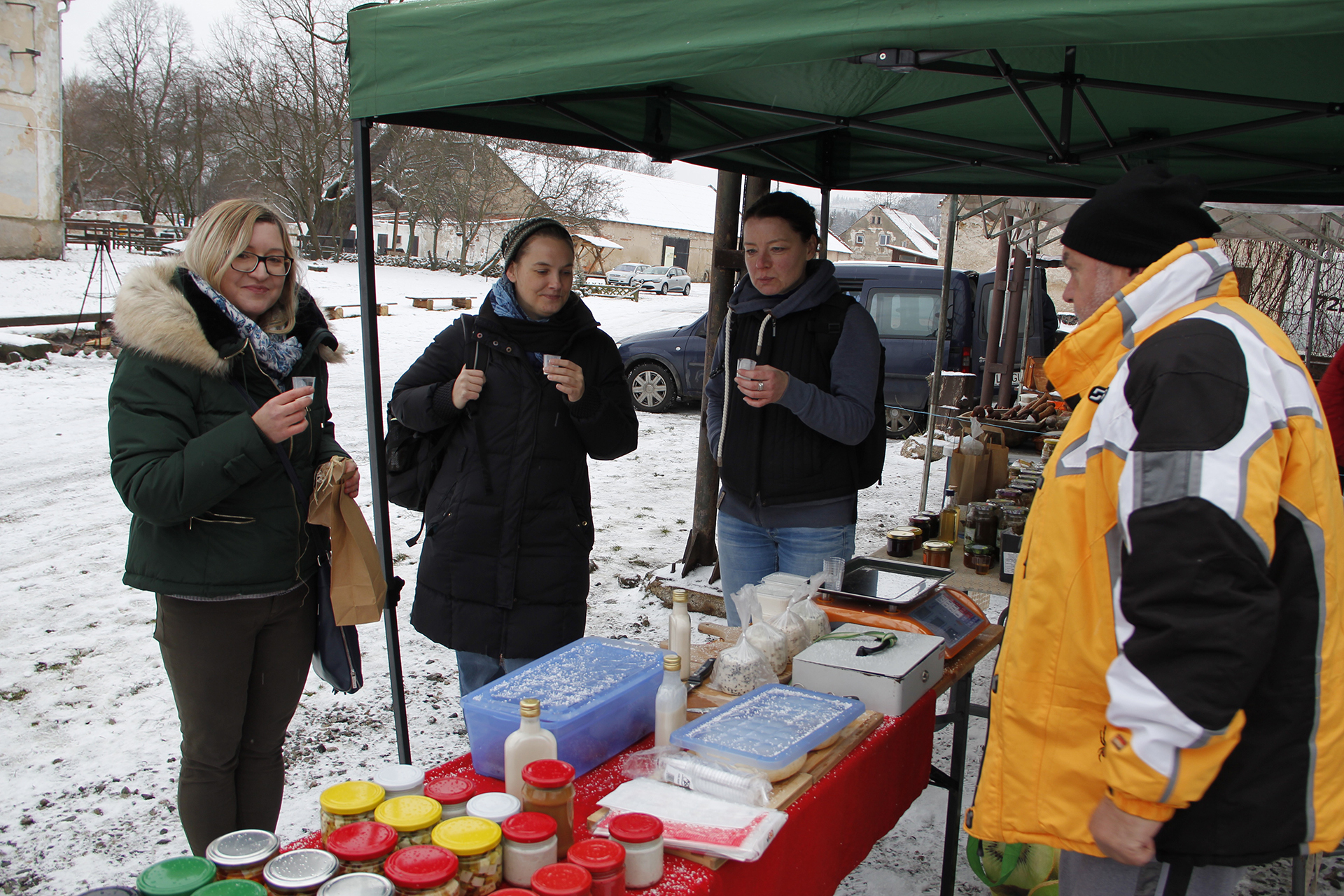
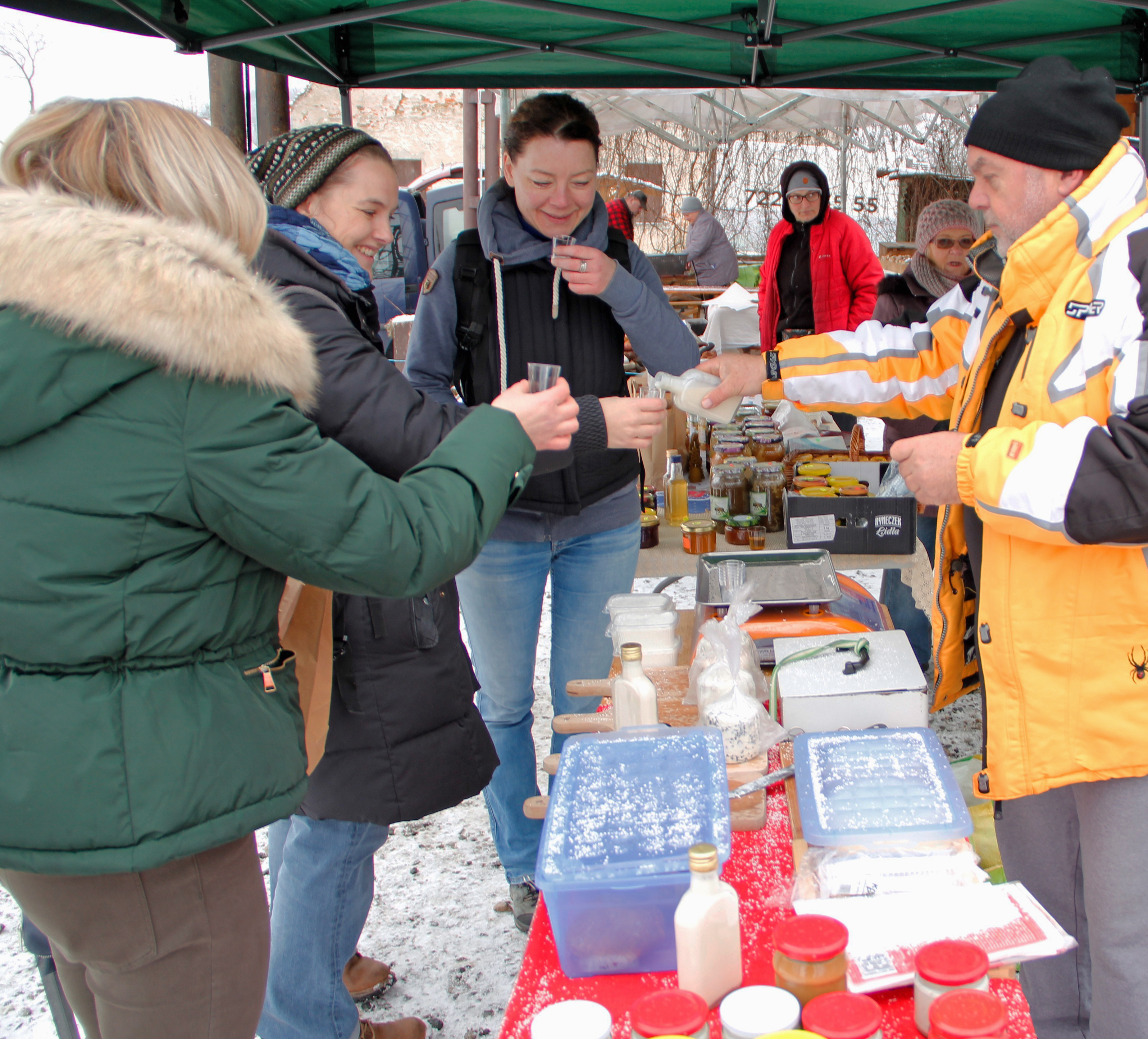
On our second outing, we meet Marta and Mariusz at the weekly market. Luckily. We don't get far with English and German. When we arrive, Marta is already engaged in conversation with vendors. They have met two young people who are selling magnets that they have developed themselves.
It doesn't take long at all and we get talking to Piotr Syta, who runs the farm "Satisfied Goat" together with his wife in Giebułtówka near Mirsk, in the Polish part of the Jizera Mountains. "I make everything I sell here myself with my wife," he says. "We have gradually taught ourselves the knowledge, or rather acquired it from other goat breeders. Currently, we own 72 goats. In the summer we add more goats" he says with pride. We want to know if he also slaughters goats and processes meat. "No, we sell the goats and the lambs to the butchers only for further processing. We make our products from the milk of the goats," we learn. "Goat cheese, smoked cheese. Fresh cheese, pure goat milk and ..." He pauses as he lifts a small flat bottle, "Goat milk liqueur." His expectation is confirmed: we look questioningly and he passes around cups of samples with a grin. The mix of goat and coconut milk with a small shot of vodka is unusual, but good. The goat's milk gains an exotic note from the coconut milk.
The merchants next door join in. We want to know how the idea for the farmers' market came about? Piotr Syta explains: "All the farmers, I joined a little later, got together to offer their products in the form of a market every Saturday, all year round - whatever the weather. We found this place here at the foot of the tower house and for three years now we have been selling our products that you don't find in the grocery stores. Honey, vegetables, fruits, meat, curd and cheese, milk and pastries. Seasonal produce. All homemade."
Next door, Weronika and Andrzej Krala from Piechowice offer products from their apiary. First of all, we want to know from them why there is almost no advertising about this market? Andrzej Krala says: "We don't really need advertising, word of mouth is enough for us. Besides, we have a Facebook page where we provide information about the Saturday market. And Weronika Krala adds: "And if someone is looking for the sights and comes to Siedlęcin to visit one of the largest (22.2 x 14.35 m) and most magnificent structures of this kind in Central Europe, the princely tower house, they will also discover us doing so. In the summer, we also have knight games here, so you can meet knights from the old times." (laughing)
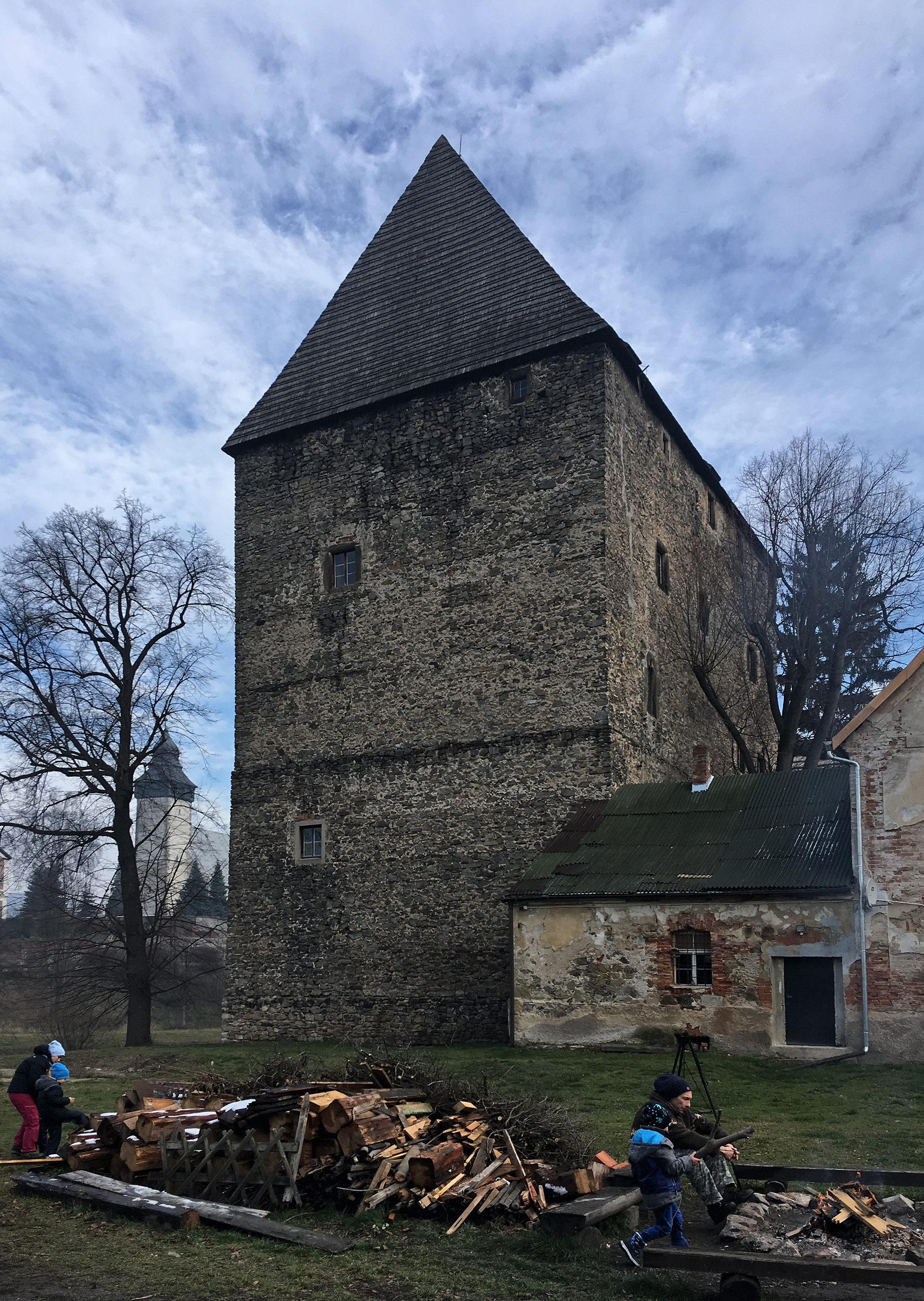
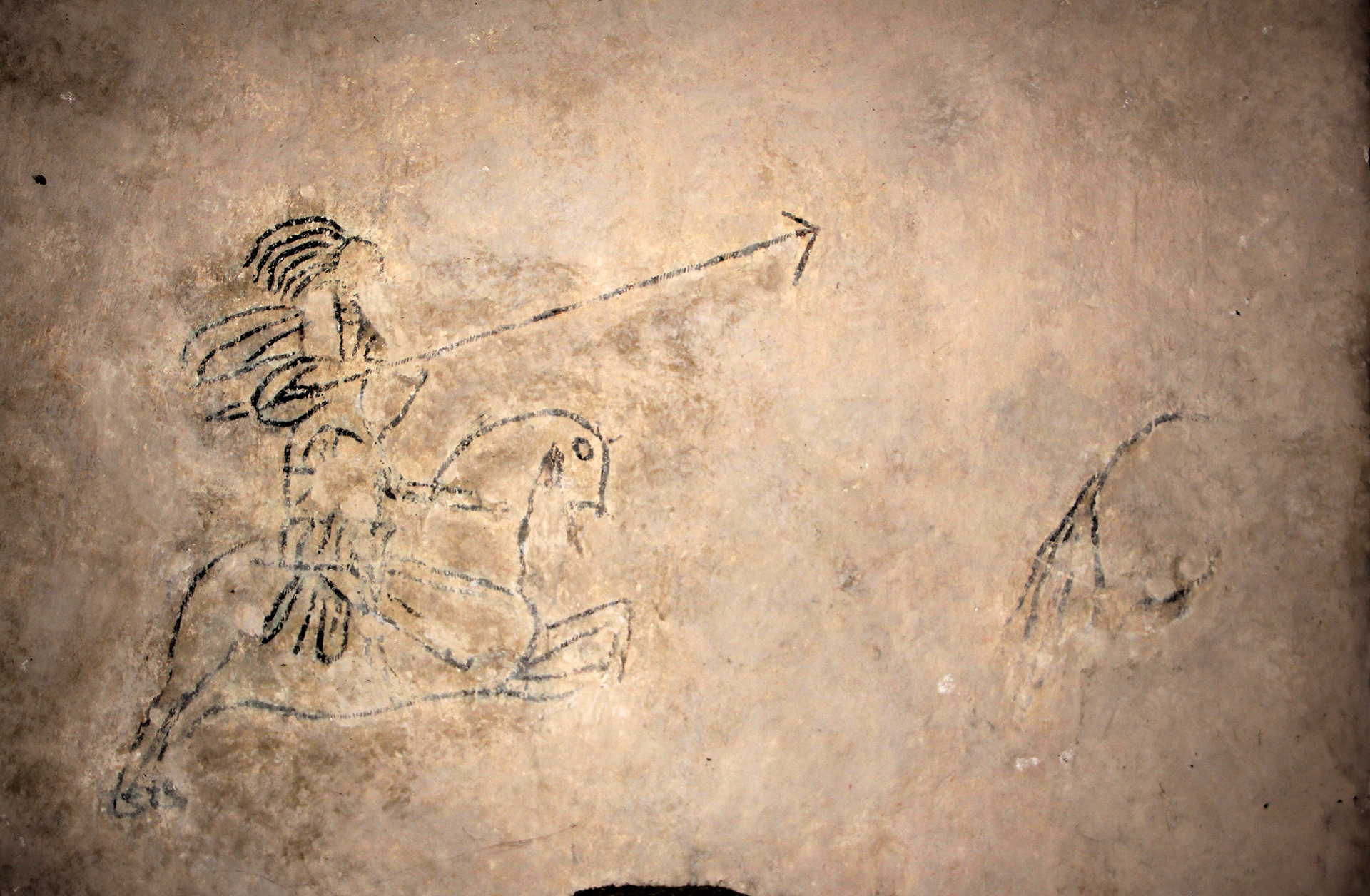
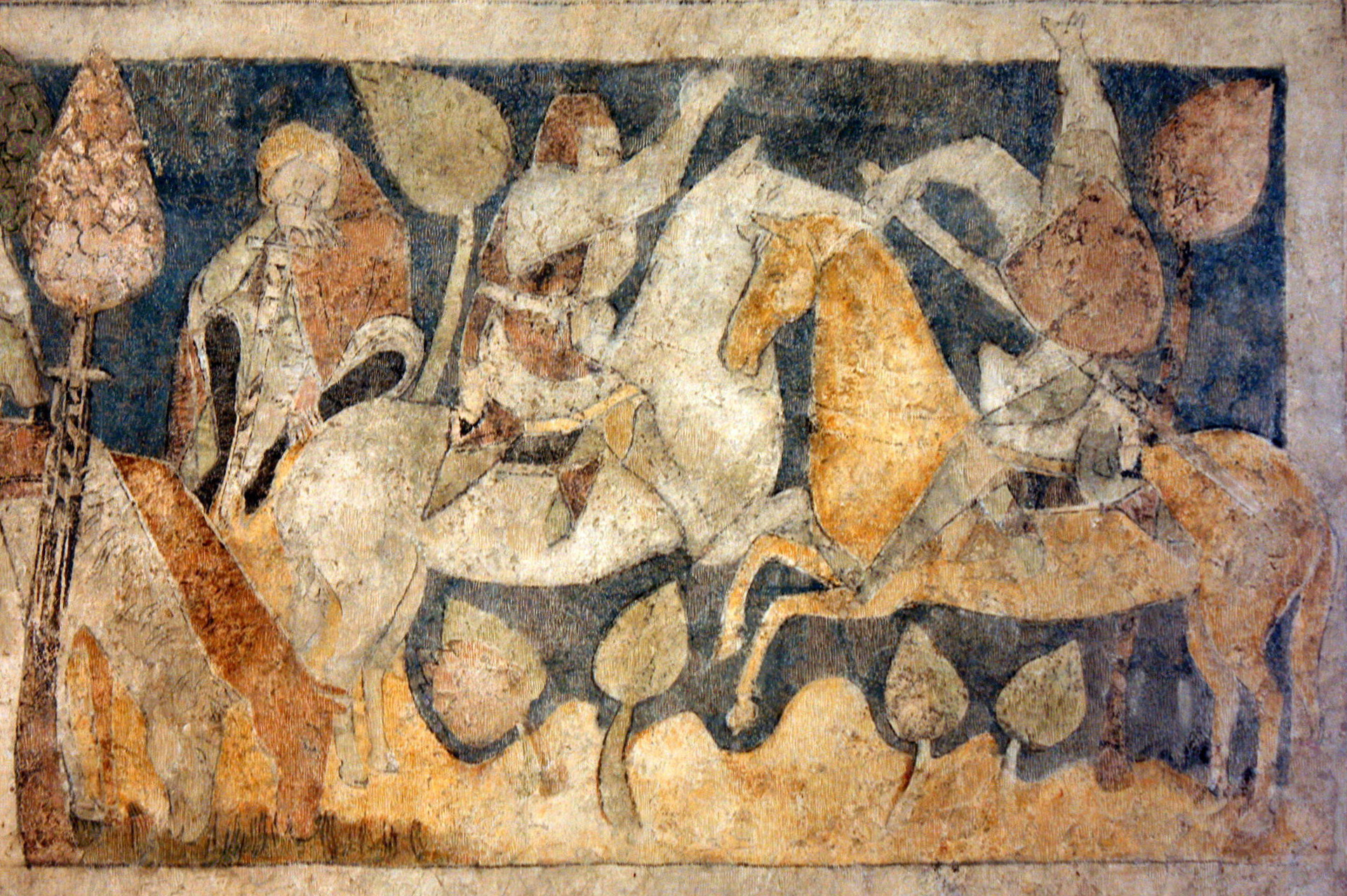
We further learn that the land where the stands are located is managed by the „Chudów Castle” Foundation, which organizes events on the grounds around the residential tower for special occasions.
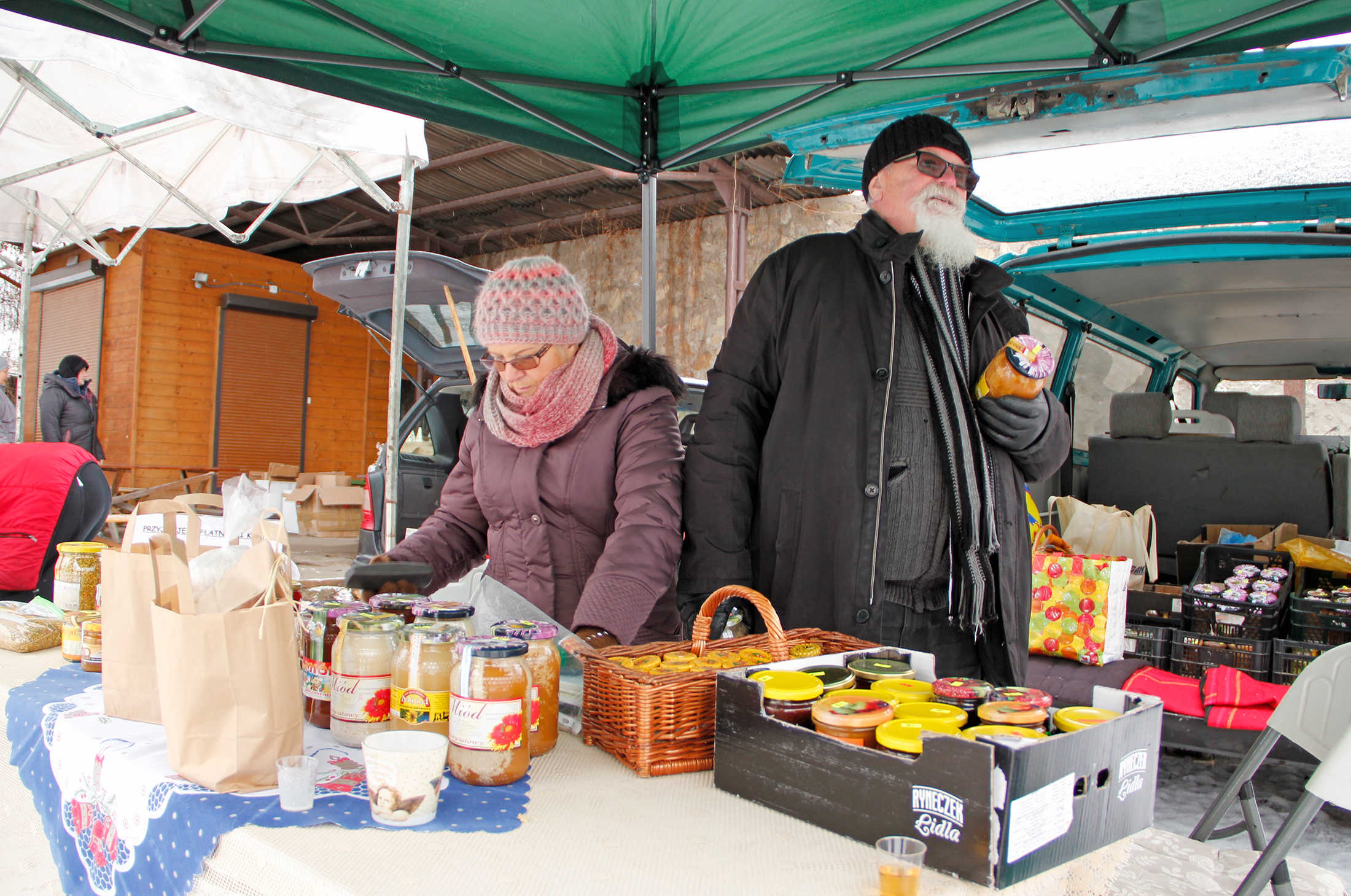
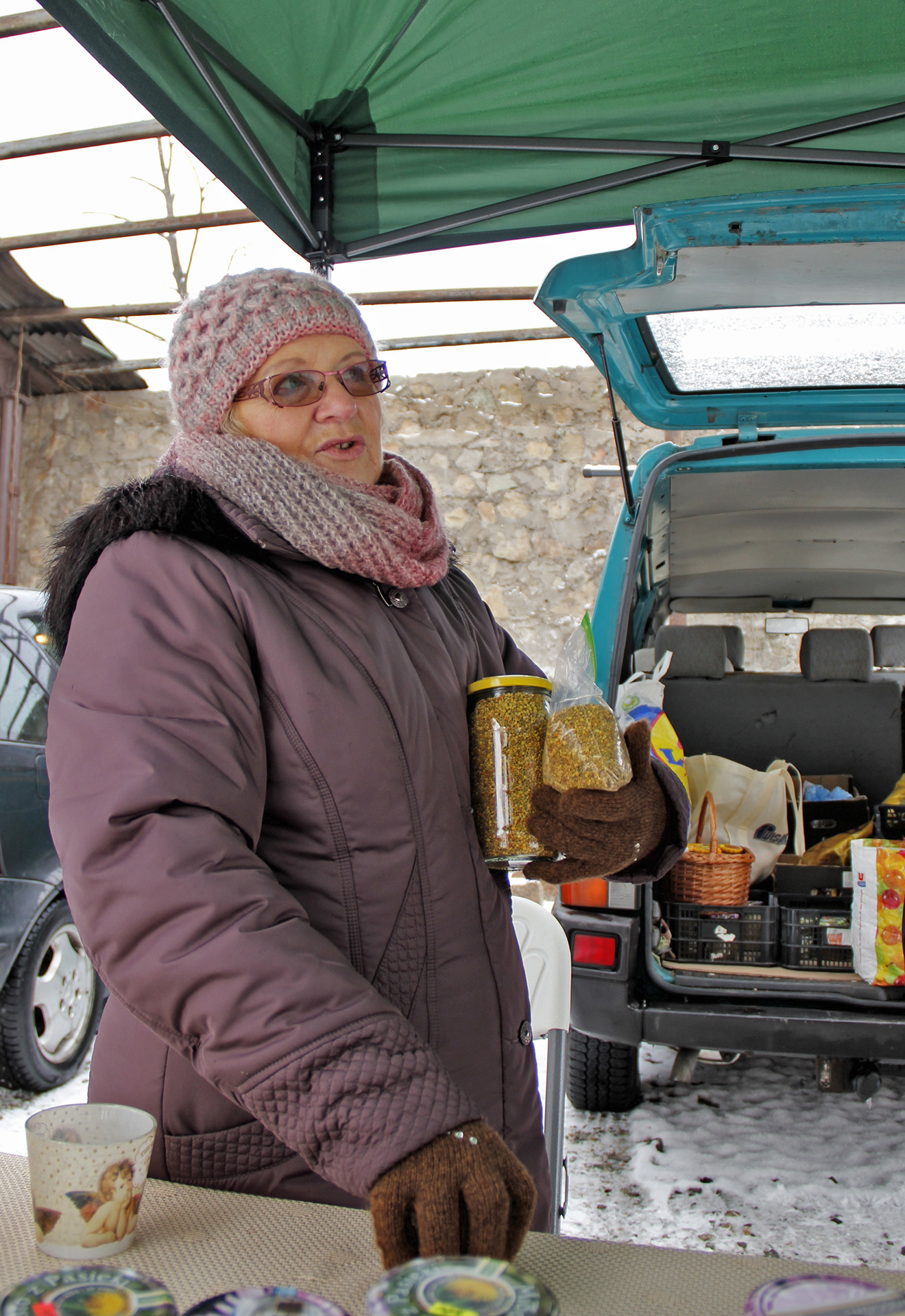
Weronika and Andrzej Krala were not always beekeepers. They came to it by chance. "For 20 years I went to a beekeeper to buy honey. My children grew up with honey. A glass of water with a small portion of honey every day strengthens the immune system. Honey is an important part of traditional home medicine and very healthy." After a short pause, he continues, "The old beekeeper then got sick and wanted to sell me his apiary. I was scared at the time and didn't want to do that. A year later in the summer, on Children's Day, bees built a nest at the entrance to the house. The swarm of bees came to my house. Coincidence? More like a sign from above." They laugh: "That's how our life adventure with bees began, which continues to this day. I started reading relevant literature. I took a professional course and received a diploma as a master beekeeper. So I can pass on my knowledge." After a short pause, he continues, "I started with the swarm of bees that came to me. Later I bought two hives and currently I own about 55 bee swarms." We steer the conversation to a current topic: "Yes, because of the chemistry nowadays and the increased spraying of plants, many bees die. You should do the spraying either very early or very late in the day so as not to poison the bees, which are active during the day. And it is important not to disturb the rhythm of bees, to live in harmony with nature, not to stress and destroy them. All this knowledge I can pass on as a beekeeper."
He gets help from his wife. The children are grown up and no longer live in their parents' house. What is it like for them to run such a family business, we want to know from Weronika Krala? "You really have to have a thing for bees. We are beekeepers by passion. My husband is out with the bees and I am assigned the chores associated with honey and pollen preparation. It's a seasonal job from April to September, but it's a lot of fun and fills our lives."
We had become lost in the conversation. As we look around, most of the vendors had already packed up. We thanked them, still taking home something from this and that. One thing is for sure, "The taste of the mountains" hits the spot. And on the way back, a new idea is born. In my mind's eye, I see people gathered happily around a long table set with the delicacies I just discovered. No big deal, a small feast with the simple pleasures of country life.